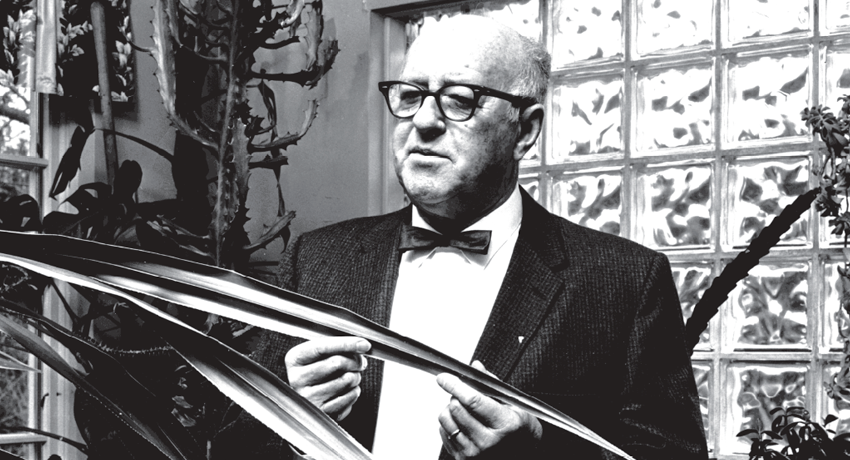The "father" of glass science: Modern science of glass
Woldermar Weyl could creditably be referred to as the “father” of glass science. Weyl was head of the department of glass technology at the Kaiser Wilhelm Institute in Germany from 1932 to 1936. In 1936, he came to Penn State as a visiting professor and returned with his family to join the faculty in 1938. His early papers on the structure and constitution of glasses are classics in the field of glass and ceramics.
His fundamental research laid the foundation for the study of the surface of glasses. Weyl helped develop the first reusable glass containers, as well as thinner, stronger, lighter glass for
auto windshields and eyeglasses. His multivolume work titled The Constitution of Glasses: A Dynamic Interpretation, (1964), co-written with Evelyn Marboe, is a masterwork of glass science, and Coloured Glasses (1951) remains the “bible” for glass artists. Weyl was also notable for his championing of industry/university collaborative research and brought many of the leading glass and optical companies to Penn State. Along with mathematician Haskell Curry, Weyl was named one of the first two Evan Pugh Professors, Penn State’s highest academic honor, in 1960.

